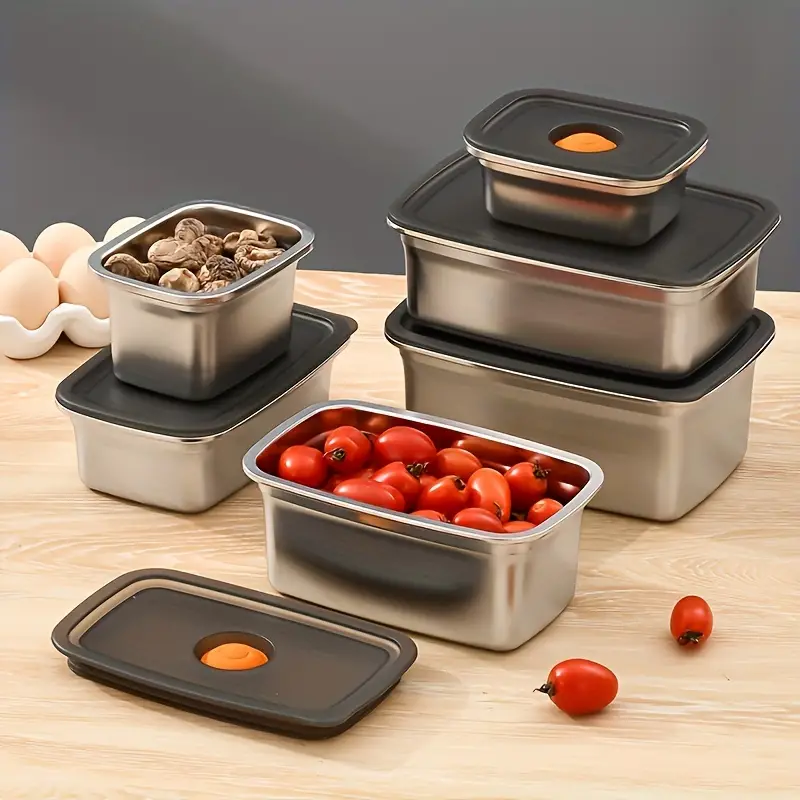As industries globally continue to prioritize hygiene, sustainability, and efficiency, 304 stainless steel remains at the forefront of food grade materials, demonstrating its indispensable qualities in various food-related applications.
What Makes 304 Stainless Steel Ideal for the Food Industry?
304 stainless steel, often known simply as food grade stainless steel, is celebrated for its excellent corrosion resistance, durability, and non-reactivity with food substances. Comprising 18% chromium and 8% nickel, this alloy stands out due to its formidable resistance against corrosion, a critical feature for materials exposed to harsh kitchen environments or acidic food substances. Its composition not only prevents rust but also shields against contamination and flavor transfer, ensuring food products remain pure and safe for consumption.
Key Applications of 304 Stainless Steel in the Food Sector
Kitchen Appliances: From high-end refrigerators to professional cooking ranges, 304 stainless steel is the material of choice due to its resistance to oxidation and ease of maintenance. Its sleek, modern appearance complements its practical benefits, making it highly sought after by appliance manufacturers.
Professional Cookware: The culinary industry favors 304 stainless steel for pots, pans, and utensils because of its ability to withstand high temperatures and its inertness, which ensures that no unwanted flavors or substances enter the food during cooking.
Food Processing Equipment: In food processing plants, the non-porous surface of 304 stainless steel facilitates stringent sanitation requirements. It is extensively used in the manufacture of mixers, grinders, slicing and preparation tables, and other equipment where hygiene is the top priority.

Benefits of 304 Stainless Steel for Sustainability and Cost-Efficiency
304 stainless steel is not only advantageous for its performance but also for its sustainability. The durability of the material decreases the need for frequent replacements, reducing long-term costs and environmental impact. Fully recyclable, it plays a pivotal role in the circular economy, appealing to businesses looking to enhance their environmental credentials.
The unmatched combination of durability, safety, and eco-friendliness makes 304 stainless steel a perennial favorite in the food industry. As businesses continue to evolve and adapt to new challenges, the reliance on 304 stainless steel underscores its role in meeting both current and future demands. This material is not just a cornerstone for today's food safety and production needs but also a beacon for sustainable industry practices.
For businesses seeking to invest in top-quality materials that offer longevity, safety, and compliance with stringent health standards, 304 stainless steel is the unequivocal choice. Its role in enhancing the quality and safety of food products while supporting environmental sustainability will only continue to grow, solidifying its status as a staple in the food industry for years to come.
For more insights into the applications of 304 stainless steel in the food industry, contact Our Company.
TAG: 304 Stainless Steel, Food Grade Stainless Steel, Stainless Steel Applications, Food Industry Materials, Sustainable Manufacturing Practices